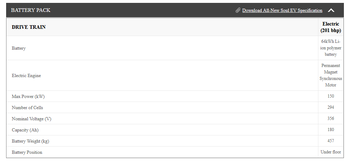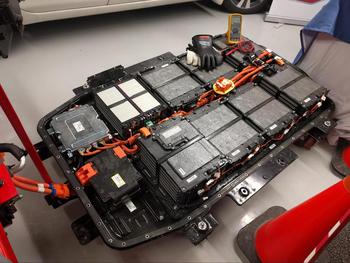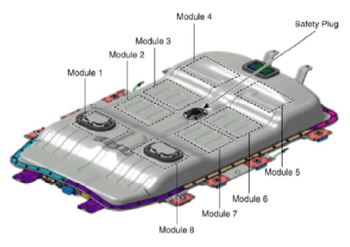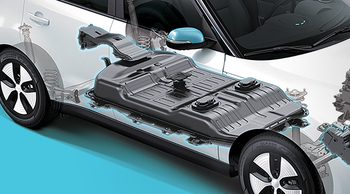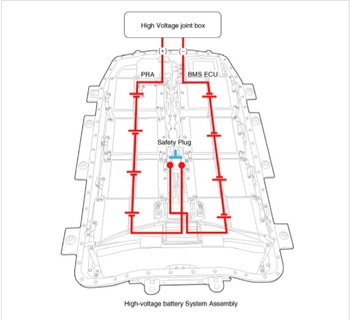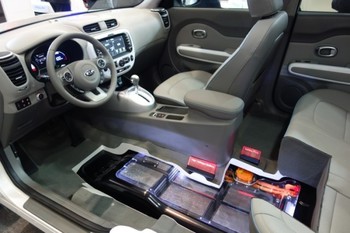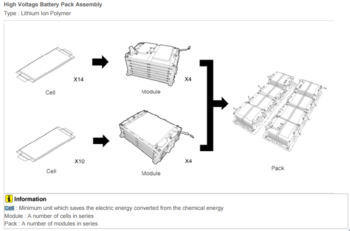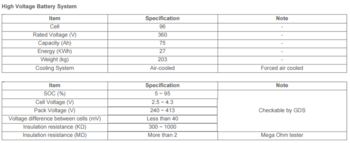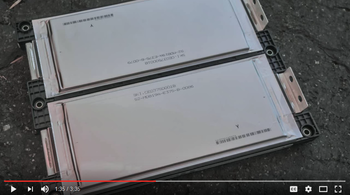Hi Markinson
Thanks for posting that link. It's always interesting to see some of the stranger side of the Internet.
Firstly I am assuming this 64kWh replacement is a scam.
I will look at the detail to see if any of it could make sense but at first glance it just appears to be an AI generated fake.
The site is in Indonesia. This is not a country where Soul EVs have ever been sold.
About the 64kWh replacement :
The pictures of the battery and the schematics are all of the 27kWh original air-cooled version pack.
The specs of the battery listed however are for a 64kWh liquid cooled pack.
There is no way that this is going to fit in the original space.
About the 30kWh replacement :
This page is a bad copy of the Kia Parts website for re-manufacured packs but for twice the price.
The 64kWh replacement offered on this site is not real, but someone may be able to offer it in the future.
For example it is possible to remove the two back seats and put the battery in the back of the car.
This has been done before in Jordan. :-
Upgrading high-voltage battery
This is not what the Indonesian site claims to be offering. I think they are scammers.
View attachment 203
-------------------------
Looking at some of the older pages on the Indonesian website I think we can get a sense of this company's background.
View attachment 204




